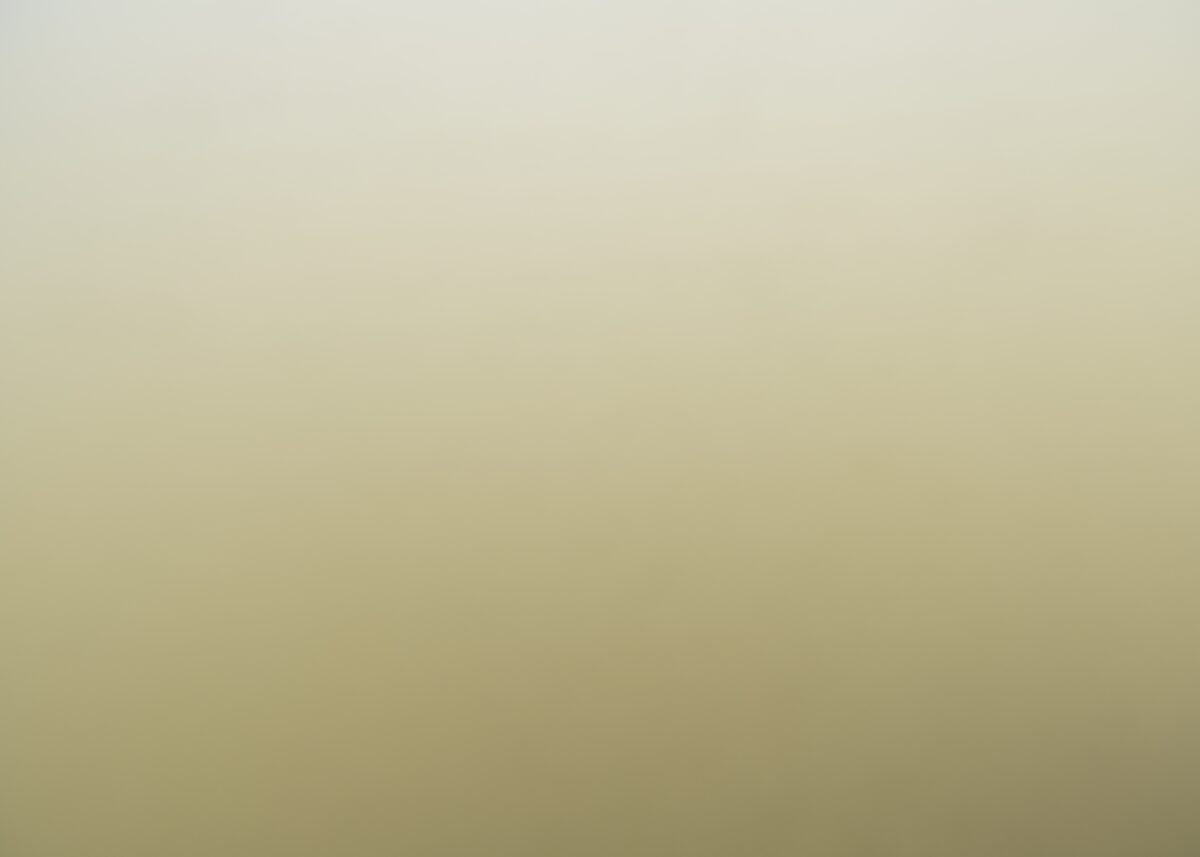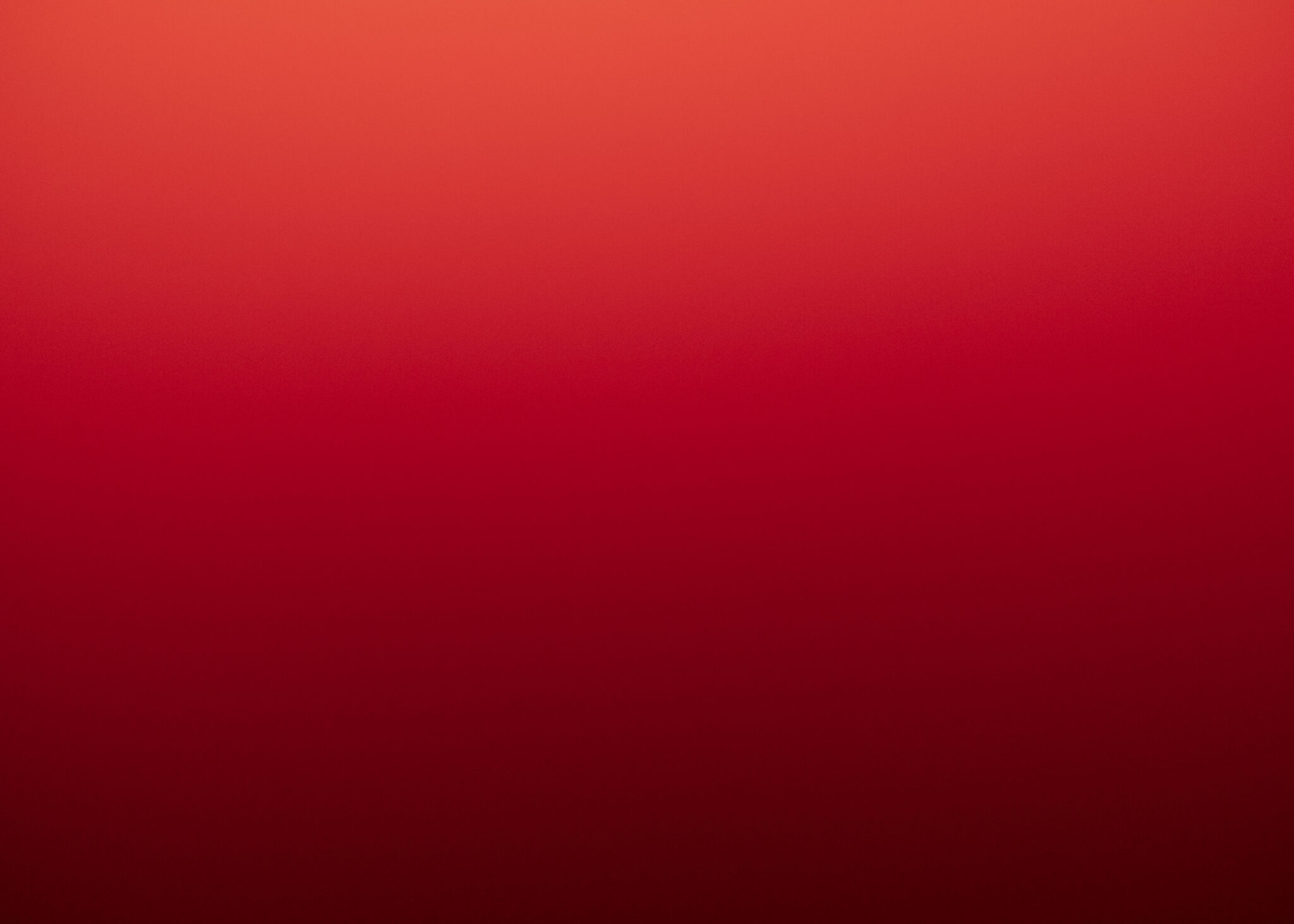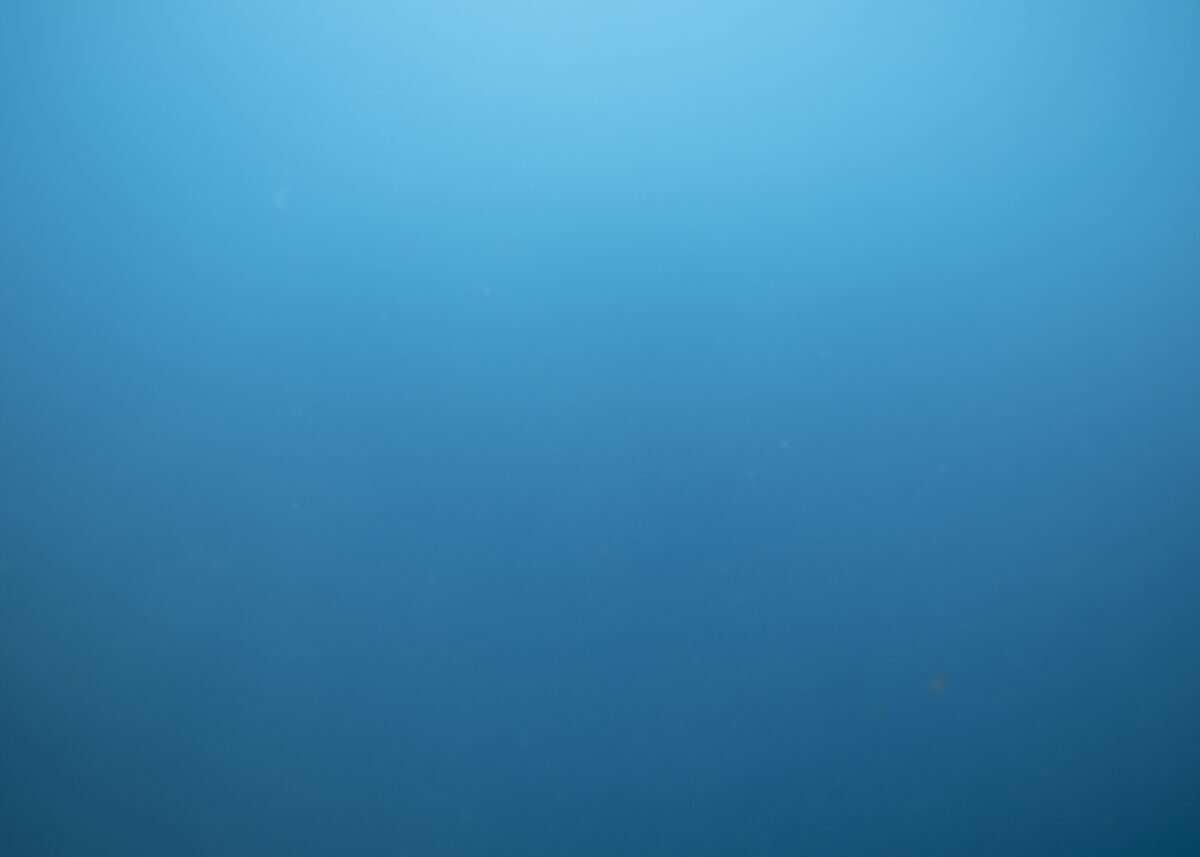
SANS RÉSERVE – 2025
COAL is pleased to announce the third edition of SANS RÉSERVE, the unmissable gathering for art and ecology, presented from…

COAL is delighted to announce the ten French and international artists nominated for the 2025 edition of the COAL Prize, entitled “Eau Douce”. Three female students from French art and culture schools have also been nominated for the sixth edition of the COAL Student Prize, in partnership with Réserves Naturelles de France. The prizes will be awarded in December 2025, on the occasion of the new edition of Sans Réserve, the meeting place for creative artists committed to ecology, under the theme of Freshwater, at the Musée de la Chasse et de la Nature in Paris.
Published on 20 September 2025
The COAL 2025 Prize dedicated to freshwater is a call to fight against the drying up of our sensitivities towards it, to elevate it to its rightful place at the heart of general attention, to rehabilitate it in its symbolic and sacred prerogatives, to consider it as the ally and partner of our existences. It’s also a call to protect it, to play our part in restoring its natural cycles, to repair places that have been damaged, in solidarity with those, human and non-human, who are irreparably affected.
The international call for projects for the COAL 2025 Prize, inviting artists to take up the theme of Freshwater, attracted over 660 entries. This success once again reflects the artists’ strong commitment to the environment and ecological issues. A selection committee made up of members of the COAL association and representatives of partner organizations chose ten artists from among all the applications received.
THE TEN ARTISTS NOMINATED FOR THE 16TH EDITION OF THE COAL PRIZE
Mirja Busch (Germany), Institute for Puddleology
Collectif Disnovation.org (Poland/Canada/Denmark/France), Counter-narratives of water
Férielle Doulain-Zouari (France/Tunisia), Ain el coton
Charlotte Gautier van Tour (France), Bloom, the blood of glaciers
Mohammad Rakibul Hasan (Bangladesh), The Blue Fig
Pauline Rip (France/Netherlands), Elficology: harvesting the morning dew
Julien Salaud (France), Mar & Co.
Marcela Santander Corvalán (Chile), Agwuas
Lara Tabet (Lebanon), A Personal Cartography of Entangled Toxicities: The Rivers
Kay Zevallos Villegas (Peru), Underwater live the names that heal
AWARDS CEREMONY AND WITHOUT RESERVATION, THE CREATIVE MEETING PLACE FOR ECOLOGY
Join us in December for the COAL Awards ceremony, held at the Musée de la Chasse et de la Nature in Paris, on the occasion of the third edition of Sans Réserve, the meeting place for creative artists committed to ecology.
COAL invites professionals and the general public to take part in this artistic and festive event, featuring an exhibition by the artists named. The artists are invited to take over the rooms of the museum, for meetings, performances, workshops and original, unifying experiences dedicated to the new artistic scene committed to ecology, with a highlight in December dedicated to the COAL Prize and COAL Student Prize award ceremony.
ALLOCATIONS
– The winning artist of the Prix COAL receives an endowment of 12,000 euros and a creative residency at the heart of the Domaine de Belval, owned by the Fondation François Sommer, led by the scientific and educational teams of the Musée de la Chasse et de la Nature and the Domaine de Belval. A veritable observatory of rurality and wildlife, each year the estate welcomes artists selected for their contribution to renewing our vision of the relationship between humans and their natural environment.
– The winner of the Jury’s Special Prize receives 3,000 euros.
– The winning artist in the Ateliers Médicis category receives a residency in Clichy-sous-Bois/Montfermeil, in association with the Bondy regional forest.
– The winning artist in the Centre Wallonie-Bruxelles/Paris category, aka Le Vaisseau, receives a cash prize of 2,000 euros and is invited to exhibit at the Paris institution.
– The winning student of the COAL Student Prize receives a two-month residency in one of France’s 350 nature reserves, as well as a 5,000 euro prize. Throughout the residency, the winning student will be supported by the nature reserve’s teaching and scientific teams in implementing his/her project.
PRESENTATION OF THE TEN ARTISTIC PROJECTS NOMINATED FOR THE COAL 2025 – EAU DOUCE PRIZE
Mirja Busch (Germany), Institute for Puddleology
Emerging from the cracks of man-made environments, puddles reflect their surroundings, providing ecological niches and revealing the interdependence between infrastructure, water cycles and climate. The Institut de Puddleologie is an artistic research project that explores the perception of puddles as anthropogenic phenomena, deeply linked to urban ecology and the climate crisis. Through a photographic archive of puddles from around the world, samples, forensic traces of dried-up puddles, a puddle classification system, invented terminology and guided observation tours, the artist investigates these indicators of ecological balance and imbalance.
Born in Germany in 1978, Mirja Busch lives and works in Berlin. For over ten years, she has devoted her research to the exploration of puddles. Her work has been exhibited at the Flanders Institute of Architecture, the Humboldt Forum in Berlin, the Museum of Things in Berlin (2025), the Royal Academy of Fine Arts in Antwerp (BE) (2023) and the World Academy of Arts in Cologne (DE). In 2024, the artist wins the bronze medal at the German Photobook Prize.
Collectif Disnovation.org (Poland/Canada/Denmark/France), Counter-narratives of water
In modern comfort, the abundance of water and its permanent availability make it paradoxically invisible, a simple factor of production relegated to the background of daily life. To counter this reality, counter-narratives emerge. In the Jura region, for example, the history of cooperatives inspires collective water management. The subterranean, borderless networks of the many karsts (underground river systems) found there call for reflection on interdependence and the common good. The collective imagines a video essay that explores these water issues, from popular narratives to scientific knowledge, from the refusal of running water and its scarcity to putting rivers to work.
DISNOVATION.ORG is an artistic research collective founded in Paris in 2012, whose core members are Maria Roszkowska (PL), Nicolas Maigret (FR), and Baruch Gottlieb (CA/DE). Recognized in the global cultural landscape, it is the recipient of several research grants (V2_Rotterdam, UCL Louvain-la-Neuve, Centre National du Cinéma, University of Berkeley and winner of the Digital Arts – Opline Prize (2021), the WRO Biennale and the Arts and Technologies Research in Vienna.
Férielle Doulain-Zouari (France/Tunisia), Ain el coton
The wadi a few kilometers from the village of Mahassen, in the Kef region of Tunisia, used to fill with water every winter, but over the last ten years it has dried up. Now impassable, shepherds and farmers are forced to go around it. After several years of research into local forms, materials, issues and lifestyles, Férielle Doulain-Zouari imagined the creation of an in situ installation for collective use, in collaboration with local craftsmen and workers: a passageway made of clay and glass. Functional, the work also makes the absence of water visible, with a view to raising awareness and reappropriating the land and its issues by its inhabitants.
Born in Paris in 1992, Férielle Doulain-Zouari is a Franco-Tunisian artist who lives and works in Tunis. Giving pride of place to manual techniques inspired by daily life, the environment and its history, and working in collaboration with craftsmen, she has exhibited at La Boîte ou Jaou in Tunis, the Biennale d’arts et d’architecture du Centre Val de Loire in France, the Louvre in Abu Dhabi and the Biennale de Ouagadougou. In 2021, she was awarded second prize at the Dakar Biennale “Révélation”. She is represented by Septième Gallery in Paris.
Charlotte Gautier van Tour (France), Bloom, the blood of glaciers
“Bloom: the blood of glaciers” is the name given to a phenomenon caused by microalgae that proliferate at high altitudes – particularly in alpine ecosystems – and color the snow red. Their multiplication, accentuated by rising temperatures, changes not only the color of the snow, but also its albedo, leading to accelerated ice melt. In collaboration with scientists, and inspired by ancient legends, the artist is developing a series of works and experiments on the aquatic history of the Alps, from its origin under water to its current melting. From a sculpture housing a microalga, to a plan-relief showing the phenomenon of algal bloom, to a pink nevé made of algae jelly, her project reminds us that the fresh water of the snow is not a dead environment but, on the contrary, an ocean of life on the verge of extinction.
Born in Evian-les-Bains in 1989, Charlotte Gautier van Tour lives and works in Marseille. She is interested in the events that populate our ecosystems: fermentations, germinations, proliferations and macerations. She works with algae, plants and micro-organisms to create her works, which are conceived as interacting surfaces. She has participated in numerous exhibitions and residencies in France, including La Villa Belleville and the Cité internationale des Arts, and is the 2021 and 2022 recipient of the Collection Lambert’s Rouvrir le monde grant.
Mohammad Rakibul Hasan (Bangladesh), The Blue Fig
Bangladesh is one of the countries hardest hit by the direct consequences of global warming. The Sundarbans coastal region, the largest intertidal mangrove area in the world, is gradually being submerged by rising seas and exceptionally strong tidal waves. In the dry season, when the flow of water upstream diminishes considerably, salt water penetrates up to 240 kilometers into the country’s interior, leading to increased salinity and a reduction in agricultural land. Without fresh water and land, climate refugees multiply, forced to migrate to urban slums with precarious living conditions. The Blue Fig blends photography, cinema and soundscapes to tell the story of these communities confronted with saline intrusion.
Born in Sherpur in 1977, Mohammad Rakibul Hasan lives and works in Bangladesh. A journalist, photojournalist, filmmaker and visual artist, he explores topical issues such as climate change and political violence. His work has been recognized with several awards, including the Lucie Awards Discovery of the Year in 2018, the One World Media Award in 2022, as well as the Human Rights Press Award for his series The Looted Honor, devoted to rape survivors among Rohingya refugee women.
Pauline Rip (France/Netherlands), Elficology: harvesting the morning dew
As discreet as it is ephemeral, dew is present in many fields, from the most scientific to the most esoteric: “dauwtrappen”, for example, is a purifying spring ritual forgotten in the Netherlands, which consists of walking barefoot at dawn through dew-covered grass. In alchemy, dew, known as “celestial water”, is said to be indispensable for the production of the philosopher’s stone. In science, the dew point is the temperature at which moisture in the air condenses. Finally, in Elvish stories, dew is said to be an important nourishing resource. Blending speculative design, performance, craft and narration, Pauline Rip imagines a custom – dew harvesting – based on the strange criteria of UNESCO’s intangible heritage. Inspired by elficology – defined by Pierre Dubois as “the ecology of the soul” – the project weaves together institutional bureaucracy and folklore, alchemy, science and craft skills.
Born in 1995 in Rennes, Pauline Rip is a Franco-Dutch artist-designer who graduated from the Eindhoven Academy and is based between Brussels and Rotterdam. The artist explores the encounter between narrative and materiality to preserve an imaginary heritage and propose a romantic vision of modernity. Resident at the Mediamatic Foundation and the Athena Cultural Center, she has exhibited at the Taiwan Design Museum, Dutch Design Week and the Center for Book Arts (NYC).
Julien Salaud (France), Mar & Co.
Freshwater, a vital but fragile resource, shapes ecosystems that are essential to life. Among these, ponds – small, sensitive wetlands – play a crucial role as natural reserves of water and life. Yet, on a national scale, 60% to 90% of them have been destroyed since the beginning of the 19th century. Between art, ecology and cooperation, the MAR&Co. project focuses on the creation of new ponds, veritable hotbeds of imagination and local dynamics around these oases of freshness. Through meetings and debates, artistic creation workshops, participatory workcamps and festive parades, Julien Salaud ‘s ponds become fields of artistic, symbolic and scientific experimentation, concretizing our link to freshwater and living things on the ground.
Born in 1977, Julien Salaud now lives and works in Saint-Étienne. Trained in biochemistry, ethnology and then the visual arts, he has developed an artistic practice nourished by his naturalistic observations and encounters with native American peoples. His works reflect his ecological concerns and draw on the symbolic power of the imaginary to alert, resist and decolonize our representations of nature. Awarded a prize at the Salon de Montrouge in 2010, he has since taken part in numerous exhibitions and residencies in France and abroad. He is represented by Galerie Frédérick Mouraux, Brussels.
Marcela Santander Corvalán (Chile), Agwuas
For the past twenty years, Chile has been suffering from an unprecedented water shortage. Between glacier retreat, over-urbanization and the stranglehold of the agricultural and extractive industries on the resource, the country is shaken by a veritable water war. Agwuas draws on Marcela’s intimate history, from her childhood between ocean, glaciers and an unprecedented wave of drought; from her adolescence among Mapuche machi (medicine woman) communities; and from the imaginary and physical potential of water. In resonance with Amazonian narratives and the memory of Water Wars activists, this second part of a choreographic trilogy dedicated to the memory of the elements creates a fluid, shared space, based on collective care, celebration and transmission, notably through Schools of Imagination around water.
Born in 1984 in Santiago, Chile, artist-choreographer Marcela Santander Corvalánnow lives and works in Paris. Her work is rooted in memory and archives, creating collective and emancipatory narratives. After pieces such as Époque (2015) and Disparue (2016), she explores listening(Quietos, 2019; Concha, 2020) and founding myths with the Bocas de Oro trilogy. Committed to transmission, she leads participatory projects and traveling schools, and since 2025 has co-directed the Laboratoires d’Aubervilliers with Patricia Allio and Mara Teboul.
Lara Tabet (Lebanon), A Personal Cartography of Entangled Toxicities: The Rivers
At a time when the health of rivers is increasingly affected by the proliferation of organic and chemical pollutants, Lara Tabet, a physician-biologist by training, proposes a biological cartography of the rivers she encounters, as well as a re-reading of landscape photography. At the crossroads of art, biology and environmental science, this project uses bacteriography, an experimental photographic process that allows aquatic micro-organisms isolated from various water samples to interact with the photosensitive surface of a photographic support. The micro-organisms modify the chemistry of the support through chemical corrosion and mechanical erosion, revealing the agentivity of these non-human entities present in waterways in sculptural photographs with abstract patterns.
Born in Beirut in 1983, Lara Tabet, who lives and works in Marseille, is a doctor and transdisciplinary artist. Her work lies at the crossroads of art, ecology, biomedical science and politics. His recent work combines scientific research, fiction and autobiography, focusing on water, toxicity and the multiscalar interactions between microscopic exchanges and global flows. Supported by numerous grants and residencies in France and abroad, Lara Tabet is the recipient of the Sursock Museum Prize (2018) and the Prince Claus Mentorship Award (2022).
Kay Zevallos Villegas (Peru), Underwater live the names that heal
In many Amazonian cosmovisions, from which the artist comes, water is a living body: it breathes, remembers and heals. Considering freshwater as a force capable of healing memories, restoring links between territories, healing dignities and bodies, Sous l’eau vivent les noms qui guérissent aims to create a symbolic network of healing between regions marked by colonization, contamination and the forgetting of ancestral knowledge, such as Peru and France. Conceived as an initiatory voyage that begins with a performative navigation on Amazonian tributaries, during which oral narratives, objects and invisible memories are collected, the work gives rise to canoe-sculptures, bearers of stories and healing. Ritual objects, activated during participatory performances, offer a collective healing experience.
Kay Zevallos Villegas, known as KAY, draws her inspiration from popular beliefs, contemporary myths and ancestral rituals, integrating autobiographical memories and the knowledge of Amazonian peoples, and exploring postcolonial relations between Europe and Latin America. Her work has been presented at the Théâtre du Soleil (France), the National Gallery in Prague (Czech Republic) and the Wifredo Lam Contemporary Art Center (Cuba), among others. In 2024, she was selected for the Havana Biennial and exhibited at the 60th Venice Art Biennale.
The Prix COAL 2025 is financially supported by the Office Français de la Biodiversité, the French Ministry of Culture, the Musée de la Chasse et de la Nature, the Fondation François Sommer and the Fondation LAccolade, as well as a partnership with the Ateliers Médicis and the Centre Wallonie Bruxelles/Paris.
COAL is pleased to announce the third edition of SANS RÉSERVE, the unmissable gathering for art and ecology, presented from…
COAL is delighted to announce the names of the students from French art and culture schools nominated for the sixth…
The COAL Prize 2025 dedicated to fresh water is a call to fight against the drying up of our sensitivities…


